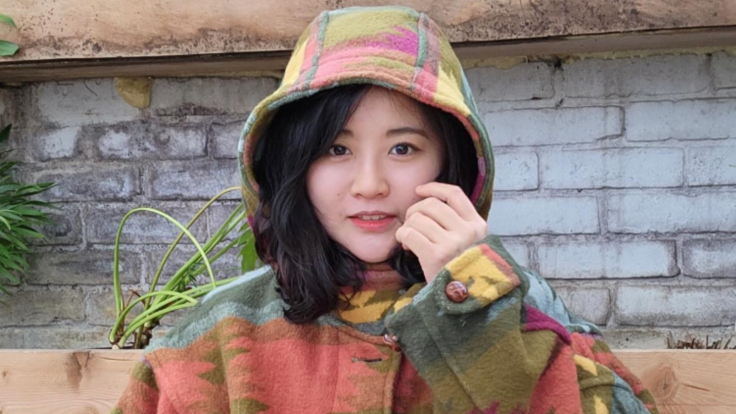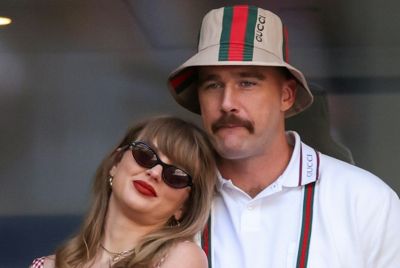Where Are Baek Se-hee's Organs Now? Author's Final Act Saved Lives — But Raises More Questions About Her Death
The celebrated South Korean writer behind I Want to Die but I Want to Eat Tteokbokki has passed away at 35, leaving behind a legacy of honesty, healing, and unanswered questions.

The literary world was left in mourning after South Korean author Baek Se-hee, best known for her memoir I Want to Die but I Want to Eat Tteokbokki, died at the age of 35. News of her passing has stunned fans around the world, many of whom credit her work with changing their lives.
A Death That Shocked Millions
While the cause of her death remains unclear, one detail stands out: Baek's organs — her heart, lungs, liver, and kidneys — were donated, saving the lives of five people. The Korean Organ Donation Agency confirmed her final act of kindness, sharing that it was consistent with her lifelong wish to 'share her heart with others through her work, and to inspire hope'.
Her death, however, has prompted a wave of grief and questions. How did one of South Korea's most beloved voices of vulnerability and hope leave the world so suddenly?
The Woman Who Made Pain Poetic
Baek Se-hee was not a celebrity in the traditional sense, yet she became one of South Korea's most influential modern writers. Born in 1990, she studied creative writing at university and spent several years working at a publishing house before finding her own voice.
Her 2018 memoir, I Want to Die but I Want to Eat Tteokbokki, captured a rare kind of honesty about depression, self-doubt, and healing. Based on her conversations with her psychiatrist, the book described her long battle with dysthymia, a chronic form of depression. Its raw emotion and simple wisdom resonated deeply with readers.
'You keep obsessively holding yourself to these idealised standards, forcing yourself to fit them. It's another way, among many, for you to keep punishing yourself.' she wrote in what became her one of her most quoted lines. The phrase is a call to recognise that self-compassion is more healing than self-criticism.
Translated into 25 languages, the book sold over a million copies worldwide and was praised for normalising mental health conversations in a society where such topics are often stigmatised.
Final Gift And The Questions It Raised
When news emerged that Baek had donated her organs, tributes poured in. Her translator, Anton Hur, wrote on Instagram that her heart and other organs had saved five lives, adding that 'her readers will know she touched yet millions of lives more with her writing'.
As of now, authorities have not disclosed where or to whom Baek's specific organs were given, only confirming that her heart, lungs, liver, and kidneys have gone to patients in need.
Yet the circumstances of her death remain undisclosed. Many fans online expressed that while her final act was one of love, it also deepened their grief, as her life seemed far from finished.
A Legacy That Lives On
In interviews, she often said that writing helped her 'see herself from different angles' and that 'regarding yourself three-dimensionally' could be a way to heal. Her follow-up, I Want to Die but I Still Want to Eat Tteokbokki, continued this reflection and was published in English earlier this year.
Fans and fellow authors describe her death as a monumental loss for literature and for the global mental health community. Yet through her organ donation and her words, Baek's life continues to touch others — both physically and emotionally.
© Copyright IBTimes 2025. All rights reserved.





















